Faisal Alamgir
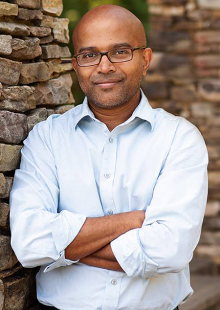
Energy Conversion, energy storage, nanomaterials, optical materials, photovoltaics, catalysis, electrical grid, energy storage

Energy Conversion, energy storage, nanomaterials, optical materials, photovoltaics, catalysis, electrical grid, energy storage
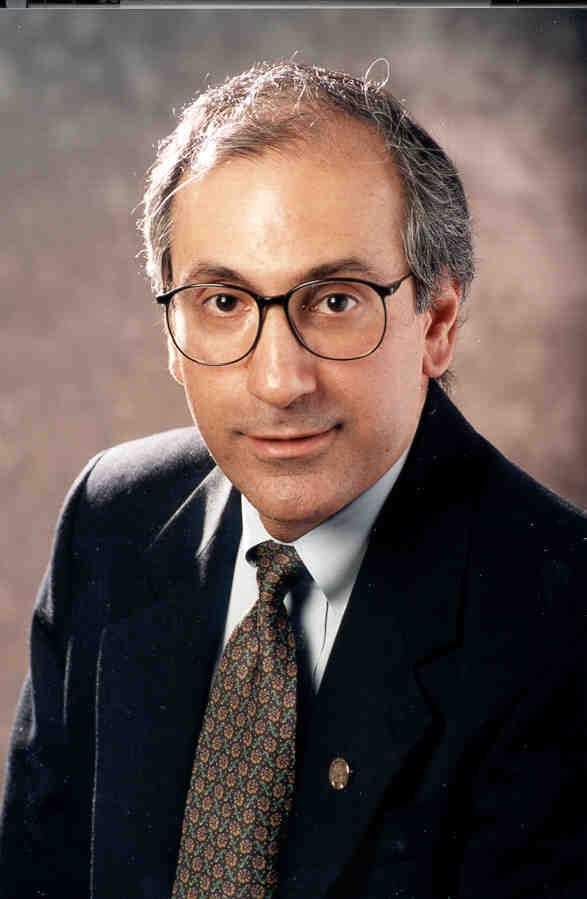
Dr. Aidun joined the Woodruff School as a Professor in 2003 after completion of a two-year period as program director at the National Science Foundation. He began at Tech in 1988 as an Assistant Professor at the Institute of Paper Science and Technology. Prior, he was a research Scientist at Battelle Research Laboratories, Postdoctoral Associate at Cornell University and Senior Research Consultant at the National Science Foundation's Supercomputer Center at Cornell.
Dr. Aidun's research is at the intersection between fundamentals of the physics of complex fluids/thermal transport and applications to engineering and biotransport. He has a diverse research portfolio in fluid mechanics, bioengineering, renewable bioproducts and decarbonization of industrial processes.
A major focus has been to understand the physics of blood cell transport and interaction with glycoproteins (e.g., vWF) with applications to cardiovascular diseases.
Computational analysis of cellular blood flow in the cardiovascular system with applications to platelet margination, thrombus formation, and platelet activation in artificial heart valves. Thermal Systems. Chemical Recovery; Papermaking.
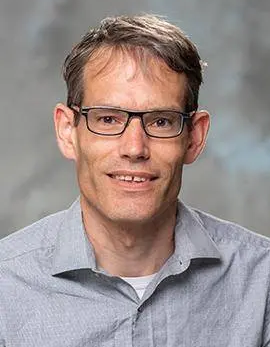
Biofuels; Papermaking, Coatings & Barriers; Films & Coatings; Biomaterials; Structure and Reheology of Complex fluids; Rheology of Bioengineering Materials
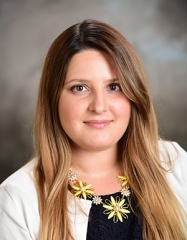
Dr. Boukouvala is originally from Piraeus, which is the port of Athens in Greece. As the daughter of an airforce pilot, she travelled a lot with her family. Her first international move was actually to the USA, where she spent one year in Montgomery, Alabama. She later on lived in Riyadh, Saudi Arabia and Crete, Greece, before returning to Athens to get her B.S Degree in Chemical Engineering from the National Technical University in Athens. In 2008, she moved back to the US to obtain a PhD in Chemical Engineering at Rutgers University in NJ. She then worked as a Postdoctoral Associate in both Princeton University and Texas A&M University. In August 2016, Dr. Boukouvala returned to the South East US, as an Assistant Professor in the School of Chemical & Biomolecular Engineering at Georgia Tech.
Her research interest in Process Systems Engineering (PSE) started during her PhD years, where she worked under the supervision of Dr. Marianthi Ierapetritou, on modeling and optimization of continuous pharmaceutical manufacturing. Her background on optimization and data-driven modeling was enhanced during her years as a postdoc with the late Christodoulos A. Floudas. Dr. Boukouvala is a proud 4th generation member of the academic family tree of the father of PSE, Roger Sargent.
System Design & Optimization; Energy; Sustainability
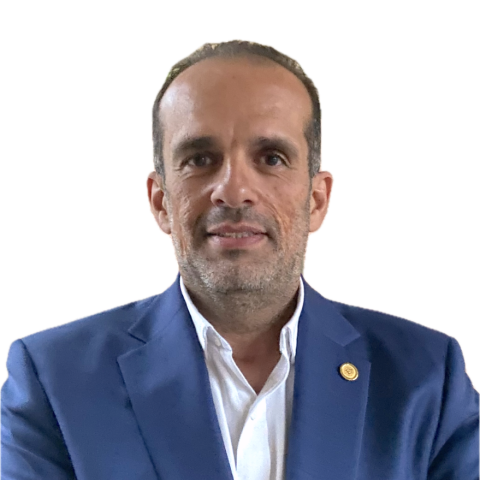
Prof. AlRegib is currently the John and Marilu McCarty Chair Professor in the School of Electrical and Computer Engineering at the Georgia Institute of Technology. His group is the Omni Lab for Intelligent Visual Engineering and Science (OLIVES) at Georgia Tech. In 2012, he was named the Director of Georgia Tech’s Center for Energy and Geo Processing (CeGP). He is the director of the Center for Signal and Information Processing (CSIP). He also served as the Director of Georgia Tech’s Initiatives and Programs in MENA between 2015 and 2018. He has authored and co-authored more than 300 articles in international journals and conference proceedings. He has been issued several U.S. patents and invention disclosures. He is a Fellow of the IEEE.
Prof. AlRegib received the ECE Outstanding Graduate Teaching Award in 2001 and both the CSIP Research and the CSIP Service Awards in 2003. In 2008, he received the ECE Outstanding Junior Faculty Member Award. In 2017, he received the 2017 Denning Faculty Award for Global Engagement. He and his students received the Beat Paper Award in ICIP 2019. He received the 2024 ECE Distinguished Faculty Achievement Award at Georgia Tech. He and his students received the Best Paper Award in ICIP 2019 and the 2023 EURASIP Best Paper Award for Image communication Journal.
Prof. AlRegib participated in a number of activities. He has served as Technical Program co-Chair for ICIP 2020 and ICIP 2024. He served two terms as a member of the IEEE SPS Technical Committees on Multimedia Signal Processing (MMSP) and Image, Video, and Multidimensional Signal Processing (IVMSP), 2015-2017 and 2018-2020. He was a member of the Editorial Boards of both the IEEE Transactions on Image Processing (TIP), 2009-2022, and the Elsevier Journal Signal Processing: Image Communications, 2014-2022. He was a member of the editorial board of the Wireless Networks Journal (WiNET), 2009-2016 and the IEEE Transaction on Circuits and Systems for Video Technology (CSVT), 2014-2016. He was an Area Chair for ICME 2016/17 and the Tutorial Chair for ICIP 2016. He served as the chair of the Special Sessions Program at ICIP’06, the area editor for Columns and Forums in the IEEE Signal Processing Magazine (SPM), 2009–12, the associate editor for IEEE SPM, 2007-09, the Tutorials co-chair in ICIP’09, a guest editor for IEEE J-STSP, 2012, a track chair in ICME’11, the co-chair of the IEEE MMTC Interest Group on 3D Rendering, Processing, and Communications, 2010-12, the chair of the Speech and Video Processing Track at Asilomar 2012, and the Technical Program co-Chair of IEEE GlobalSIP, 2014. He lead a team that organized the IEEE VIP Cup, 2017 and the 2023 IEEEE VIP Cup. He delivered short courses and several tutorials at international events such as BigData, NeurIPS, ICIP, ICME, CVPR, AAAI, and WACV.
In the Omni Lab for Intelligent Visual Engineering and Science (OLIVES), he and his group work on robust and interpretable machine learning algorithms, uncertainty and trust, and human in the loop algorithms. The group studies interventions into AI systems to enhance their trustworthiness. The group has demonstrated their work on a wide range of applications such as Autonomous Systems, Medical Imaging, and Subsurface Imaging. The group is interested in advancing the fundamentals as well as the deployment of such systems in real-world scenarios. His research group is working on projects related to machine learning, image and video processing, image and video understanding, subsurface imaging, perception in visual data processing, healthcare intelligence, and video analytics. The primary applications of the research span from Autonomous Vehicles to Portable AI-based Ophthalmology and Eye Exam and from Microscopic Imaging to Seismic Interpretation. The group was the first to introduce modern machine learning to seismic interpretation.
In 2024, and after more than three years of continuous work, he co-founded Georgia Tech’s AI Makerspace. The AI Makerspace is a resource for the entire campus community to access AI. Its purpose is to democratize access to AI. Together with his team, they are developing tools and services for the AI Makerspace via a VIP Team called AI Makerspace Nexus. In addition, he created two AI classes from scratch with innovative hands-on exercises using the AI Makerspace. One class is the ECE4252/8803 FunML class (Fundamentals of Machine Learning) where students learn the basics of Machine Learning as well as eight weeks of Deep learning both mathematically and using hands-on exercises on real-world data. The second class is a sophomore-level AI Foundations class (AI First) that teaches any student from any college the basics of AI such as data literacy, learning, decision, planning, and ethics using theory and hands-on exercises on the AI Makerspace. Prof. AlRegib wrote two textbooks for both classes.
Prof. AlRegib has provided services and consultation to several firms, companies, and international educational and R&D organizations. He has been a witness expert in a number of patents infringement cases and Inter Partes Review (IRP) cases.
Machine learning, Trustworthy AI, Explainable AI (XAI), Robust Learning Systems, Multimodal Learning, Annotations Diversity in AI Systems
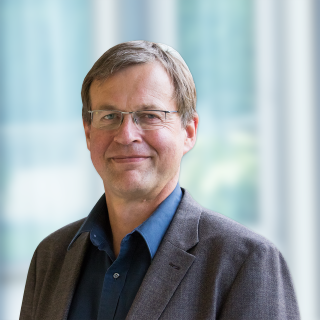
Dr. Bert Bras has been a Professor at the George W. Woodruff School of Mechanical Engineering at the Georgia Institute of Technology since September 1992. From 2001 to 2004, he served as the Director of Georgia Tech’s Institute for Sustainable Technology and Development.
In 2014, he was named a Brook Byers Professor of Sustainability. He was named the Associate Chair for Administration for the George W. Woodruff School of Mechanical Engineering at Georgia Tech in 2016 and briefly served as Interim School Chair in 2018.
Dr. Bras’ 25-year career as a Professor of Mechanical Engineering at the Georgia Institute of Technology equips him with considerable expertise in sustainable design and manufacturing that has taken him through many areas of industry, from automotive to alternative energy.
He holds an MS in Mechanical Engineering from the University of Twente (Netherlands) and a Ph.D. in Operations Research from the University of Houston. Prior to completing his Ph.D., he worked at the Maritime Research Institute Netherlands (MARIN).
Electric Vehicles; Computer-Aided Engineering and Design and Manufacturing; Sustainable design; Design for recycling; Robust design
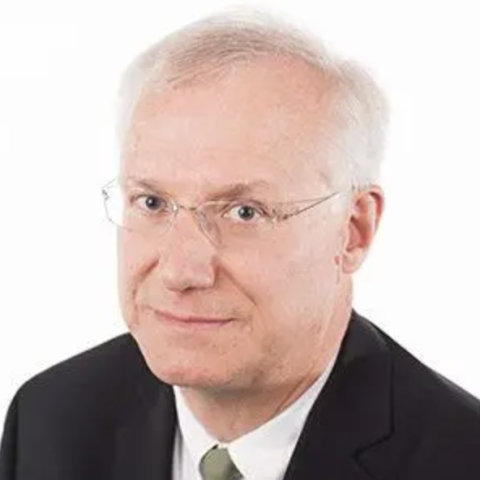
Andreas (Andy) S. Bommarius is a professor of Chemical and Biomolecular Engineering as well of Chemistry and Biochemistry at the Georgia Institute of Technology in Atlanta, GA. He received his diploma in Chemistry in 1984 at the Technical University of Munich, Germany and his Chemical Engineering B.S. and Ph.D. degrees in 1982 and 1989 at MIT, Cambridge, MA.
From 1990-2000, he led the Laboratory of Enzyme Catalysis at Degussa (now Evonik) in Wolfgang, Germany, where his work ranged from immobilizing homogenous catalysts in membrane reactors to large-scale cofactor-regenerated redox reactions to pharma intermediates.
At Georgia Tech since 2000, his research interests cover green chemistry and biomolecular engineering, specifically biocatalyst development and protein stability studies. His lab applies data-driven protein engineering to improve protein properties on catalysts ranging from ene and nitro reductases to cellobiohydrolases. Bommarius has guided the repositioning of the curriculum towards Chemical and Biomolecular Engineering by developing new courses in Process Design, Biocatalysis and Metabolic Engineering, as well as Drug Design, Development, and Delivery (D4), an interdisciplinary course with Mark Prausnitz.
Andy Bommarius in 2008 became a Fellow of the American Institute of Medical and Biological Engineering. Since 2010, he is Director of the NSF-I/UCR Center for Pharmaceutical Development (CPD), a Center focusing on process development, drug substance and product stability, and novel analytical methods for the characterization of drug substances and excipients.
Biomolecular engineering, especially biocatalysis, biotransformations, and biocatalyst stability. Biofuels. Enzymatic Processing; Biochemicals; Chip Activation.
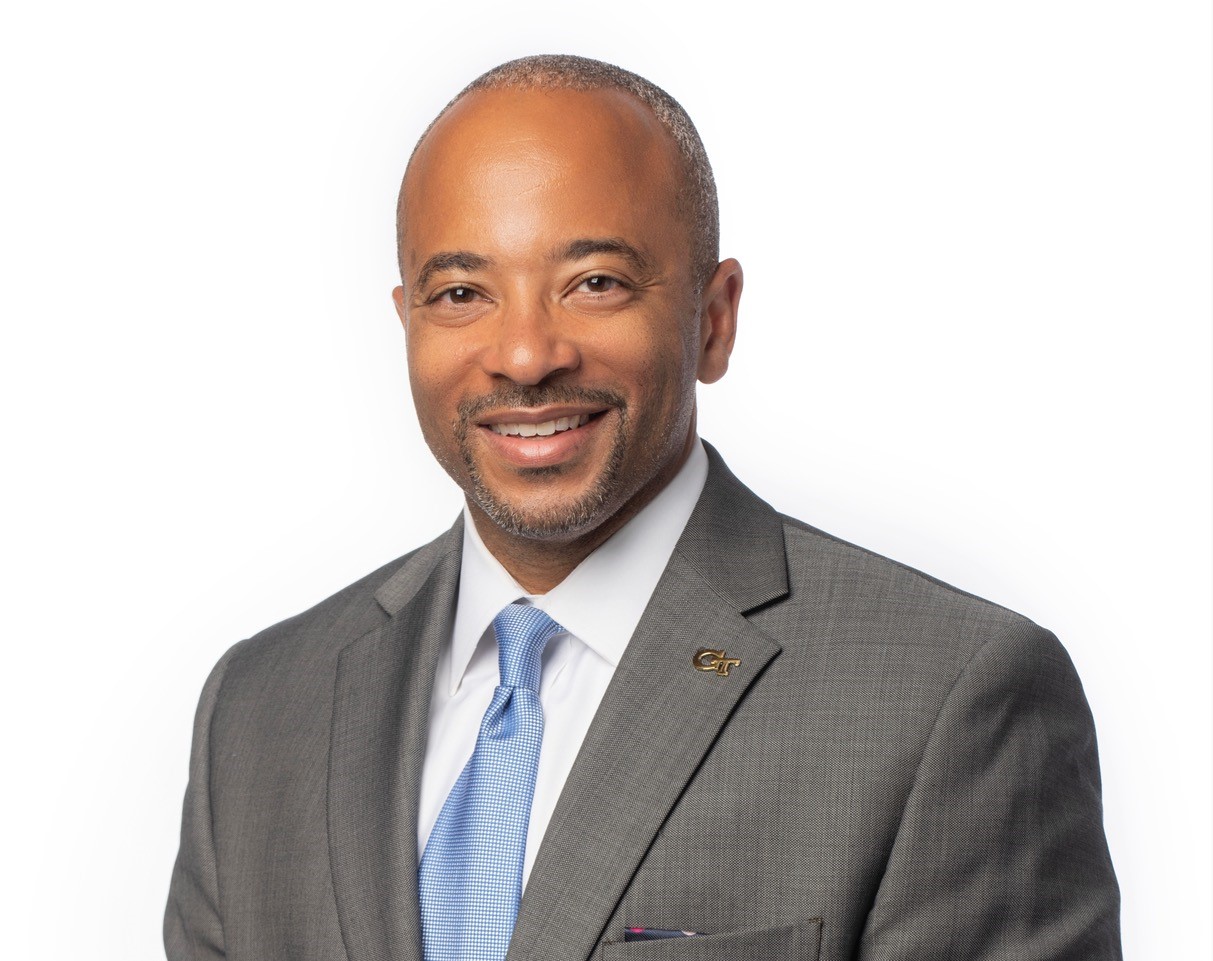
Raheem Beyah, Ph.D., is associate chair for Strategic Initiatives and Innovation, and the Motorola Foundation Professor in the School of Electrical & Computer Engineering at the Georgia Institute of Technology. His research is at the intersection of the networking and security fields. He leads the Georgia Tech Communications Assurance and Performance Group (CAP), which develops algorithms that enable a more secure network infrastructure with computer systems that are more accountable and less vulnerable to attacks. Through experimentation, simulation, and theoretical analysis, CAP provides solutions to current network security problems and to long-range challenges as current networks and threats evolve. Dr. Beyah has served as guest editor and associate editor of several journals in the areas of network security, wireless networks, and network traffic characterization and performance. He received the National Science Foundation CAREER award in 2009 and was selected for DARPA's Computer Science Study Panel in 2010. He is a member of NSBE, ASEE, and is a senior member of IEEE and ACM. Beyah is a native of Atlanta, Georgia. He received his Bachelor of Science in Electrical Engineering from North Carolina A&T State University in 1998. He received his Master's and Ph.D. in Electrical and Computer Engineering from Georgia Tech in 1999 and 2003, respectively. Prior to returning to Georgia Tech, Dr. Beyah was a faculty member in the Department of Computer Science at Georgia State University, a research faculty member with the Georgia Tech Communications Systems Center (CSC), and a consultant in Andersen Consulting's (now Accenture) Network Solutions Group.
Mobile & Wireless Communications; Network Science
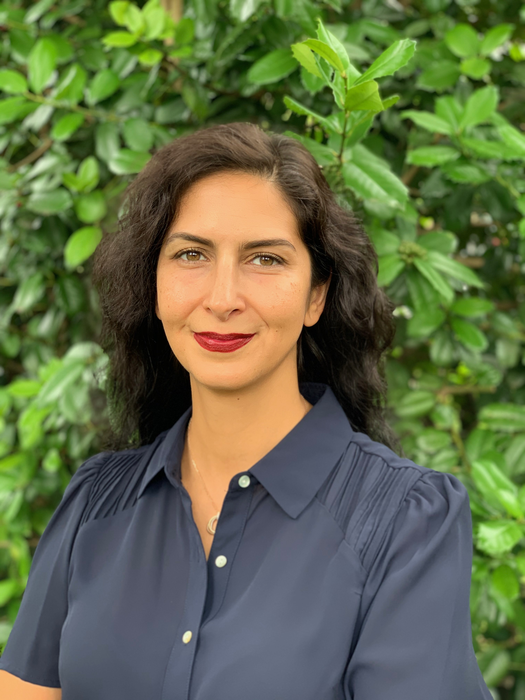
Nazanin Bassiri-Gharb joined Georgia Tech in summer 2007 as an assistant professor at the George W. Woodruff School of Mechanical Engineering. Prior to this, she was a senior engineer in the materials and device R&D group of MEMS Research and Innovation Center at QUALCOMM MEMS Technologies, Inc. Her work included characterization and optimization of optical and electric response of IMOD displays and research on novel materials for improved processing and reliability of IMOD. Bassiri-Gharb's research interests are in smart and energy-related materials (e.g. ferroelectric and multiferroic materials) and their application to nano- and micro-electromechanical systems. Her research projects integrate novel micro and nanofabrication techniques and processes and study of the fundamental science of these materials at the nanoscale, at the interface of physical and electrochemical phenomena.
Ferroelectronic Materials; Functional Materials; In-Situ Characterization; Piezoelectronic Materials; Multiscale Modeling; Organic Electronics
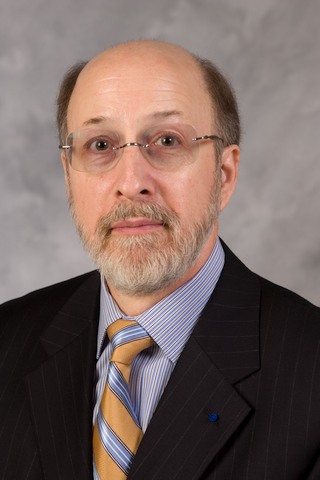
Russell D. Dupuis earned all of his academic degrees from the University of Illinois at Urbana-Champaign. He received his bachelor's degree with "Highest Honors-Bronze Tablet" in 1970. He received his master's in electrical engineering in 1971, and his Ph.D. in 1973. His alma mater has honored him with the University of Illinois Alumni Loyalty Award, and the Distinguished Alumnus Award. Dupuis worked at Texas Instruments from 1973 to 1975. In 1975, he joined Rockwell International where he was the first to demonstrate that MOCVD could be used for the growth of high-quality semiconductor thin films and devices. He joined AT&T Bell Laboratories in 1979 where he extended his work to the growth of InP-InGaAsP by MOCVD. In 1989 he became a chaired professor at the University of Texas at Austin. In August 2003, he was appointed Steve W. Chaddick Chair in Electro-Optics at Georgia Tech in ECE. He is currently studying the growth of III-V compound semiconductor devices by MOCVD, including materials in the InAlGaN/GaN, InAlGaAsP/GaAs, InAlGaAsSb, and InAlGaAsP/InP systems.
Optical Materials, III-V semiconductor devices, epitaxial growth, ultra-dense and ultra-fast optical, interconnects